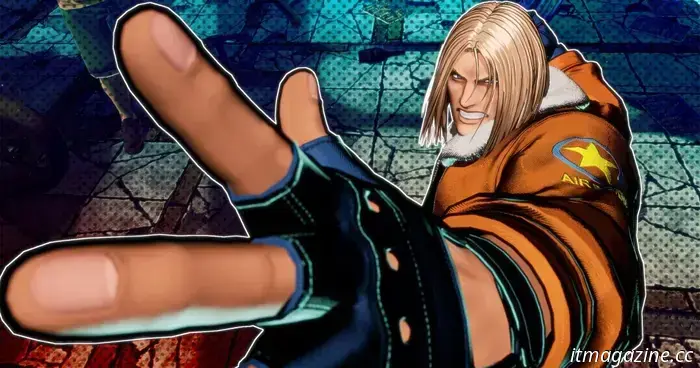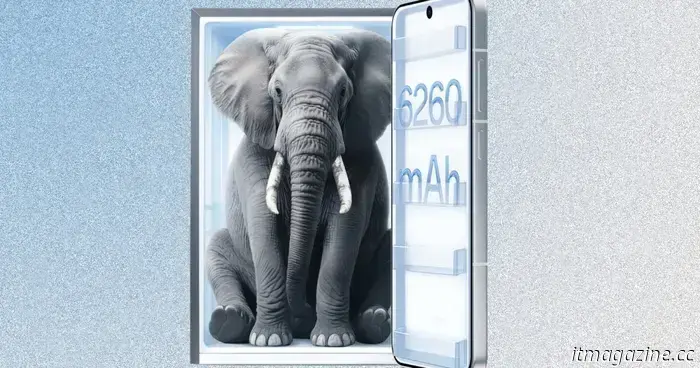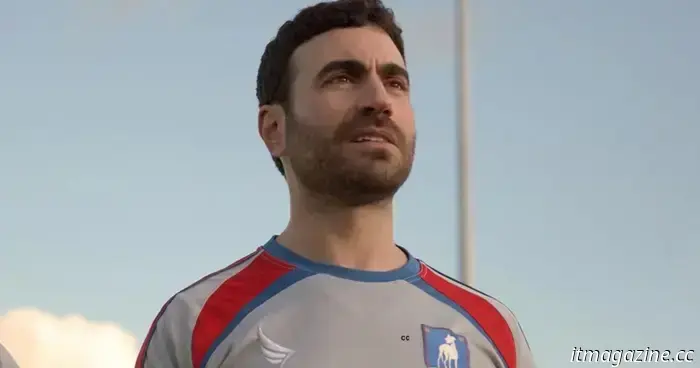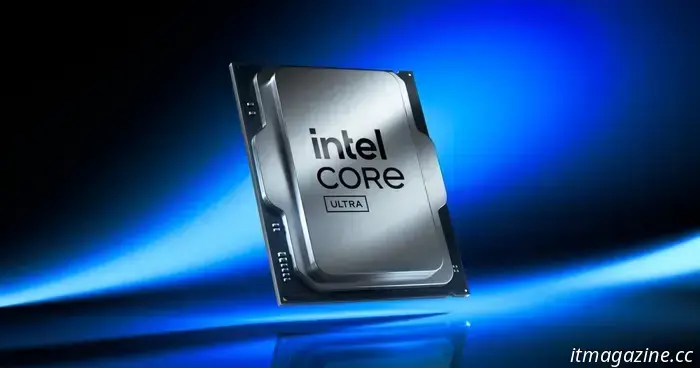
Fatal Fury: City of the Wolves review: a final performance in South Town
**Fatal Fury: City of the Wolves**
**MSRP**
$60.00
“Fatal Fury: City of the Wolves is a polished fighting game but comes with a troubling caveat.”
**Pros**
- A (mostly) outstanding character roster
- Visually stunning and great sound design
- Excellent online play quality
- A diverse selection of game modes
**Cons**
- Debatable guest character choices
- Issues with lobbies
- Inadequate user interface
Very few fighting game franchises achieve a resurgence. Most fade into oblivion. For a series to make a comeback twenty-six years after its initial success, especially after the company behind it has gone through bankruptcy and was sold — twice — is truly remarkable. Yet, miracles come with a cost; like all potent spells, they require a price.
For **Fatal Fury: City of the Wolves**, that price is the end of SNK’s supposed autonomy under the MiSK Foundation, casting a shadow over what should be (and is otherwise) a victorious return for Fatal Fury after more than twenty years. Each time I play City of the Wolves, I can't help but think: It didn’t have to turn out this way. But then I remember the realities of capitalism, where art takes a back seat to financial interests and appeasing those with wealth, and I realize this is likely the only way a contemporary Fatal Fury game could come into existence.
There’s always a catch.
**Uninvited Guests**
**Fatal Fury: City of the Wolves** is the long-awaited sequel to the iconic **Garou: Mark of the Wolves**. Garou was somewhat of a test, similar to **Street Fighter III**, set a decade after **Real Bout Fatal Fury** (but crucially, not **Real Bout Fatal Fury 2: The Newcomers**). Only series star Terry Bogard transitioned to this new installment; the remainder of the characters were entirely new. City of the Wolves finds a balance, presenting classic characters like Billy Kane and Mai Shiranui, returning favorites from Garou such as B. Jenet, Rock Howard, and Tizoc, alongside newcomers like the aggressive Vox Reaper and Preecha, Joe Higashi’s apprentice. It’s a solid lineup: shotos—but not really—with Terry and Rock, a grappler in Tizoc, characters with morally questionable backgrounds like B. Jenet, and mix-up specialists like Hokotumaru, among others. Every archetype is included, and each character possesses a unique identity.
The issue arises with the guest characters. Typically, I wouldn’t mind cameo appearances, but here they stand out as problematic. For instance, Ken Masters tossing his hat to Terry Bogard in **Capcom vs. SNK 2** is iconic. It’s a perfect display of respect, recognizing the rivalry between two of the genre’s legendary figures. However, that isn’t the case here. The guest characters this time around are soccer star Cristiano Ronaldo and Salvatore Ganacci, a DJ you might not even recognize.
What brings Ronaldo and Ganacci into the mix? The likely explanation is their proximity to Saudi Arabian Crown Prince Mohammed bin Salman, who leads the Public Investment Fund that acquired a controlling share of SNK in 2021. Ganacci has maintained close ties with the Saudi royal family and has performed at numerous Saudi events. In fact, he is scheduled for a concert in Saudi Arabia on the same day City of the Wolves releases, having also performed at Wrestlemania recently to promote the game. While Ganacci’s presence is frustrating, his character serves mainly as a joke (he reacts comically to performing a jab and his DP resembles a character T-posing); he might also be the game’s weakest link, yet he contributed to the soundtrack.
Ronaldo, however, is a different matter. Along with being accused of tax evasion (resulting in a deal to pay a hefty fine to avoid a prison sentence), he faced allegations of rape in 2009. He later acknowledged this in a leaked legal document, admitting that the woman “said no and stop several times,” and he apologized to her afterward. At the time, Ronaldo’s defense lawyer argued the documents were tampered with but did not provide evidence. Presently, Ronaldo plays for Al-Nassr, a Saudi Arabian team, making him one of the highest-paid athletes worldwide, also owned by the Public Investment Fund.
In City of the Wolves, he is remarkably strong but minimally integrated into the game. He lacks his own arcade mode, is absent from Episodes of South Town (the main campaign), and, unlike every other character, his color palettes cannot be altered. He doesn’t even provide his own voice. In 2022, SNK asserted that being under Saudi ownership had no bearing on its creative direction and that the company had full artistic freedom. I’m not sure


Other articles
 Samsung is leveraging AI to forecast appliance failures – but there’s a drawback.
Samsung is integrating AI across various products, including its home appliances. We have already reported on the incorporation of AI in Samsung washing machines and its Bespoke AI Jet Ultra. Additionally, the company is utilizing AI to keep an eye on your appliances and predict potential breakdowns. [...]
Samsung is leveraging AI to forecast appliance failures – but there’s a drawback.
Samsung is integrating AI across various products, including its home appliances. We have already reported on the incorporation of AI in Samsung washing machines and its Bespoke AI Jet Ultra. Additionally, the company is utilizing AI to keep an eye on your appliances and predict potential breakdowns. [...]
 The iPhone 17 Pro might come with an exciting, essential accessory that surpasses a traditional case.
According to a recent rumor, Apple might be considering using the camera module of the iPhone 17 Pro as the spot for a unique new type of accessory.
The iPhone 17 Pro might come with an exciting, essential accessory that surpasses a traditional case.
According to a recent rumor, Apple might be considering using the camera module of the iPhone 17 Pro as the spot for a unique new type of accessory.
 Goodbye to battery anxiety? The official battery capacity for the OnePlus 13T has been announced, and it's substantial.
In another official tease, OnePlus has disclosed the battery capacity of the forthcoming OnePlus 13T.
Goodbye to battery anxiety? The official battery capacity for the OnePlus 13T has been announced, and it's substantial.
In another official tease, OnePlus has disclosed the battery capacity of the forthcoming OnePlus 13T.
 Brett Goldstein compares season 4 of Ted Lasso to reviving a cat.
Brett Goldstein's comments about Ted Lasso season 4 might evoke feelings reminiscent of Pet Sematary.
Brett Goldstein compares season 4 of Ted Lasso to reviving a cat.
Brett Goldstein's comments about Ted Lasso season 4 might evoke feelings reminiscent of Pet Sematary.
 Intel Nova Lake CPUs might necessitate new motherboards featuring the LGA 1954 socket.
Intel's upcoming desktop CPUs are anticipated to adopt a new socket.
Intel Nova Lake CPUs might necessitate new motherboards featuring the LGA 1954 socket.
Intel's upcoming desktop CPUs are anticipated to adopt a new socket.
 NYT Crossword: solutions for Monday, April 21.
The crossword puzzle in The New York Times can be challenging, even if it's not the Sunday edition! If you're facing difficulties, we're available to assist you with today’s clues and solutions.
NYT Crossword: solutions for Monday, April 21.
The crossword puzzle in The New York Times can be challenging, even if it's not the Sunday edition! If you're facing difficulties, we're available to assist you with today’s clues and solutions.
Fatal Fury: City of the Wolves review: a final performance in South Town
Fatal Fury: City of the Wolves is a solid fighting game, yet it seems somewhat creatively constrained by the commercial interests behind it.
